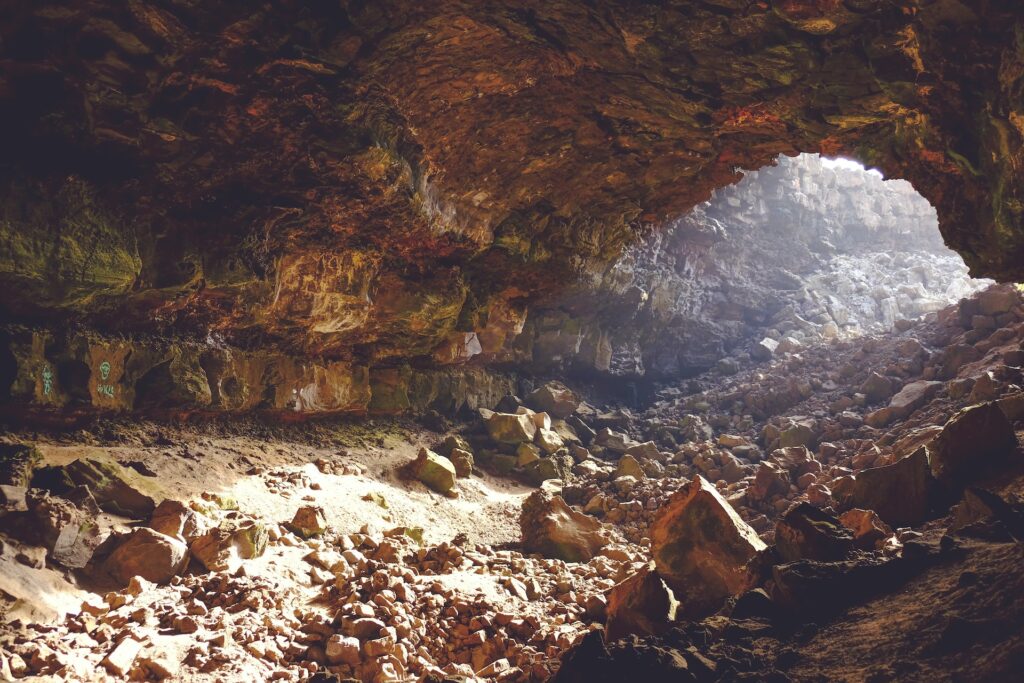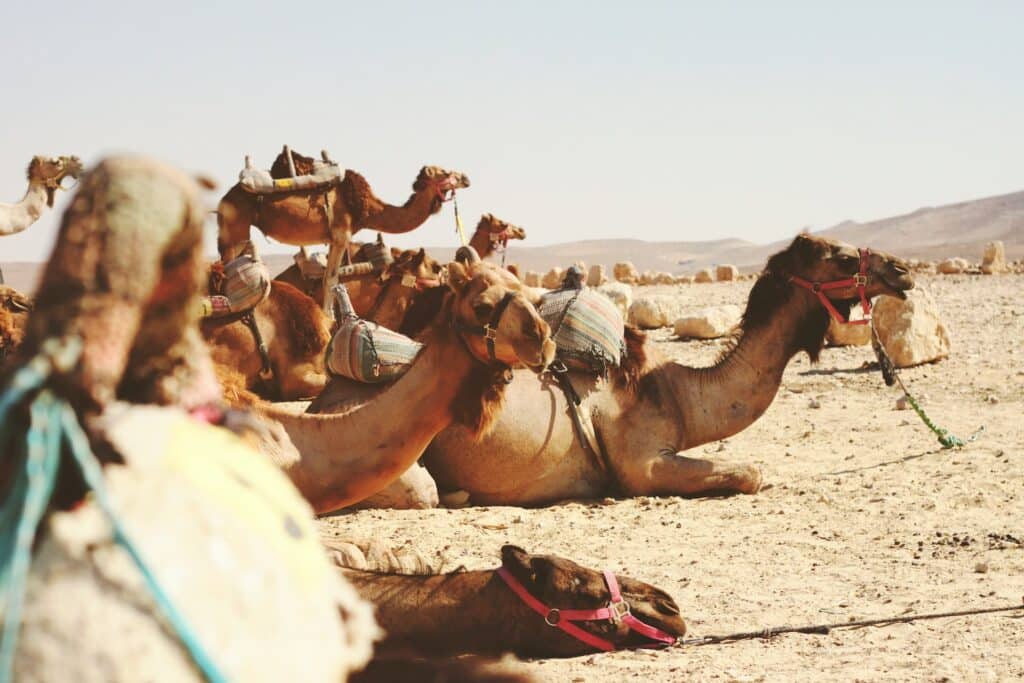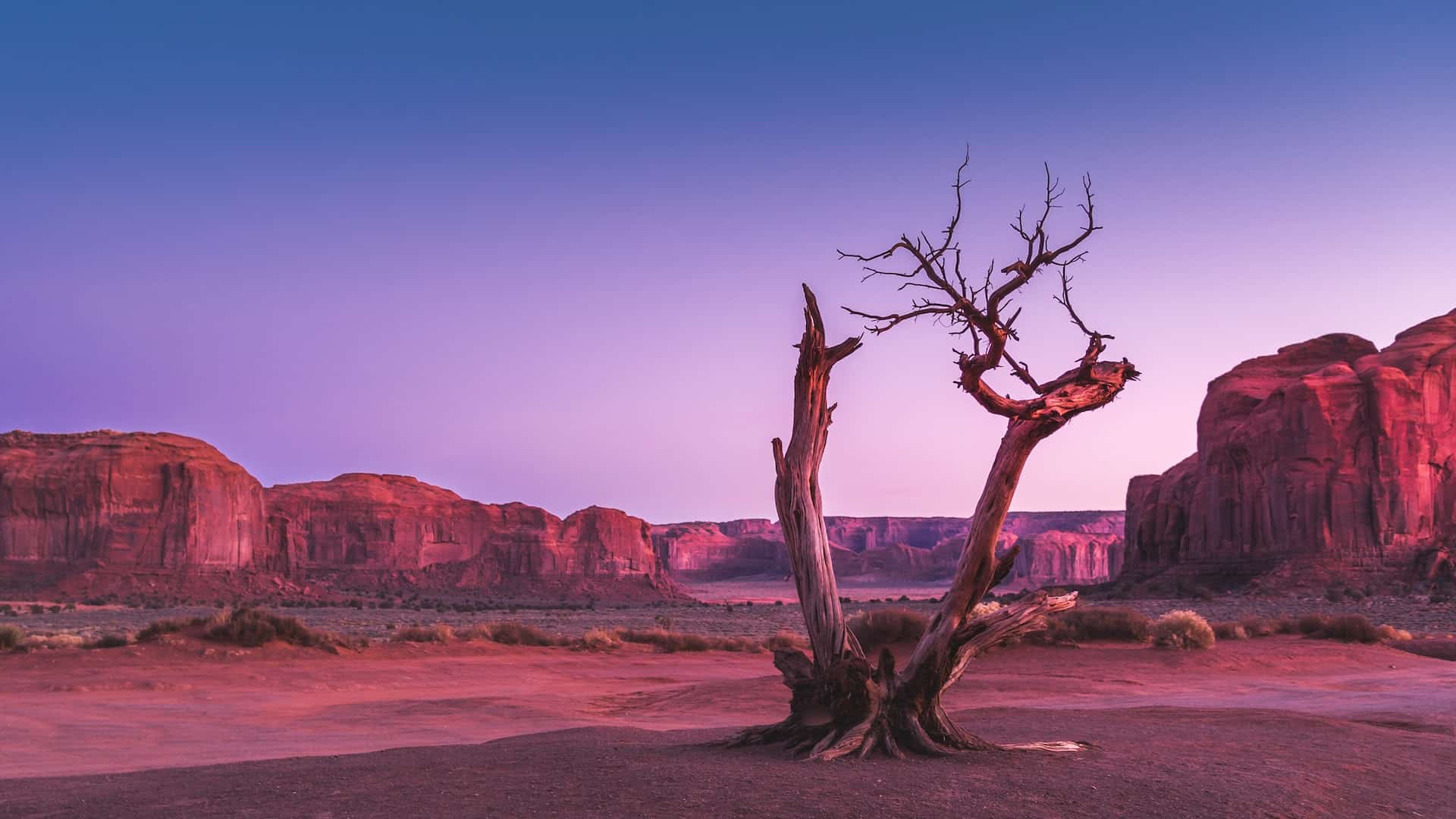The Prophet Muhammad, may God’s peace and blessings be upon him, was a man of varied talents, abilities, and proficiencies. Among other things, he was a mystic, a contemplative, an orator, a lawgiver, a judge, a statesman, a warrior, a general, a husband, a father, and a grandfather. And in each of these capacities, he was exemplary.
What we do not hear enough about, in our view, is his legacy as an outdoorsman.
It’s touched on, but never fleshed out in any way that actually spotlights his refined passions and talents in this regard. It is our hope that this post will be a starting point for more stringent research into this area of our beloved Prophet’s legacy, insha Allah.

The story of Islam’s formalization starts outside, in a cave.
The cave is called Hira, and it is carved into the Mountain of Light, a 2100 foot prominence of igneous rock about 2.5 miles outside of Mecca. Climbing to the top takes effort and persistence. For many, it’s a two-hour climb even with the hewn steps and handrails that have been retrofitted by aspirants over the centuries. There is no shade as the entire pinnacle is devoid of vegetation.
Even so, this was a place of refuge for our Prophet (s), who would have had to scramble to this natural sanctuary loaded with supplies and without the benefit of accessibility aids or modern gear. Once in the cave, he would spend extended periods there, days and even weeks at a time, coming down only to replenish his stores before making the climb again.
This was something he loved to do well before his miraculous encounter in that very cave with the Archangel Gabriel.
Caving, hiking, climbing. This is how the most beloved of all creation preferred to use his time.
Many of our scholars will only ever discuss his meditations while in the cave without taking even a moment to celebrate the passion and vigor required to arrive at Hira in the first place. We can all celebrate the benefit of contemplation, irrespective of where we find ourselves. But it is only the person who spends time outside, subjecting herself to the elements, the personal doubts, and confused warnings of others, who fully understands the transformation experienced when we move from the rigors of the climb to the repose of the resplendent vista.
This is how we prime ourselves for contemplation. We are, in these moments, suffused with gratitude and humility and wonder, all of the prerequisites for Divine Courtship.
This is perhaps the most obvious, but hardly the only example of the Prophet Muhammad’s outdoor proficiencies, may God bless him and give him peace.
We know that the Meccan people of his time celebrated the hardiness that comes from an exposure to rural life and the harshness of the elements.

It was common practice for the settled tribes of ancient Arabia to leave their infant children in the care of nomadic Bedouin wet nurses to be looked after for a period of several years. Here again, our scholars tend to emphasize the purity of Bedouin language and their nobility of character as reasons for the practice.
But there is also acknowledged significant environmental reasons for the practice. Settled areas were prone to stagnation, a greater microbial burden, and the transmission of disease. Nomads were on the move, with fresh and open land ever before them. And we are only now learning about the health benefits of intentional exposure to cold and heat. The Bedouin of the time had a lifestyle that put them into direct relationship with the elements. This would have had a discernible effect on the metabolism and vitality of any creature in that environment.
Today we are plagued with parents altogether horrified at the prospect of camping with their infants. Today we are plagued with parents altogether horrified at the prospect of camping with their infants. Worse, we have parents within the Muslim community who frown upon or even forbid the possibility of their adult children willfully choosing the discomfort of an austere environment as part of a growth experience. Both attitudes, we would submit, are in direct contravention of the life and legacy of our Blessed Prophet (s).
We can go on.
The emigration from Mecca to Medina was a journey of some 200+ miles over the course of eight days on camelback. It is reported that Muhammad (s) traveled at night to avoid detection. It may be assumed that primary trade routes would have been avoided at least some of the time for the purposes of evasion.
Camping, orienteering, and advanced desert survival skills are all critical elements of this episode, a moment in our history of such central importance to Muslims that our calendar is based on it.
Our Prophet (s) was suckled in the wilderness.
The Qur’an was revealed to him (s) in the wilderness.
Time was recalibrated in acknowledgement of Muhammad’s passage through the wilderness.
Our scholars, by and large, are academics. They spend a lot of time in storied cities, famous for their legacies as centers of advanced learning. They are human and it is understandable that they would interpret Islamic history through the lens of urban academia. Through them, we arrive at the image of Muhammad (s) as a contemplative figure, imbued with the noble character and gifted tongue of the desert Arabs.
It becomes our responsibility therefore, those of us who continue to meet God in wild places, to adjust the narrative to include a celebration of the obvious:
Muhammad was an outdoorsman.
May the peace and blessings of God be upon him.
Leave a comment below for posterity or join us in the D&T Chautaqua Discord to discuss this post with other adventurous spirits from around the world.

Perfectly said mashallah. It’s obvious when you think about if for a moment and is an incredibly underrated factor that isn’t brought up nearly often enough about his ﷺ life .
May God bless him and give him peace. Why do you think we don’t hear more about Muhammad as an outdoorsman?
Ameen.
Hm I don’t know. Maybe it’s the same issue the community has. Mashallah on all our great scholars, but maybe we’ve been so caught up in the deep layers of Islamic knowledge that we become disconnected from points like these that may not seem as “relevant.” But seeing his ﷺ entire person has great value.
As if I know! Haha. Also lol that I’m responding so late. We don’t seem to get notifications for replies.
SubhanAllah! Nature has an appreciating beauty because in nature your are surrounded by His design and seldom see the affects of man. Surrounded by all in obedience to Him and in this suhbah is it easiest to surrender with the requirements of divine courtship.
Your comment really resonates with us, masha Allah. We like to think of “wilderness” as those places as yet “uninterpreted” by man.
If interested, we have much more to say about that here.